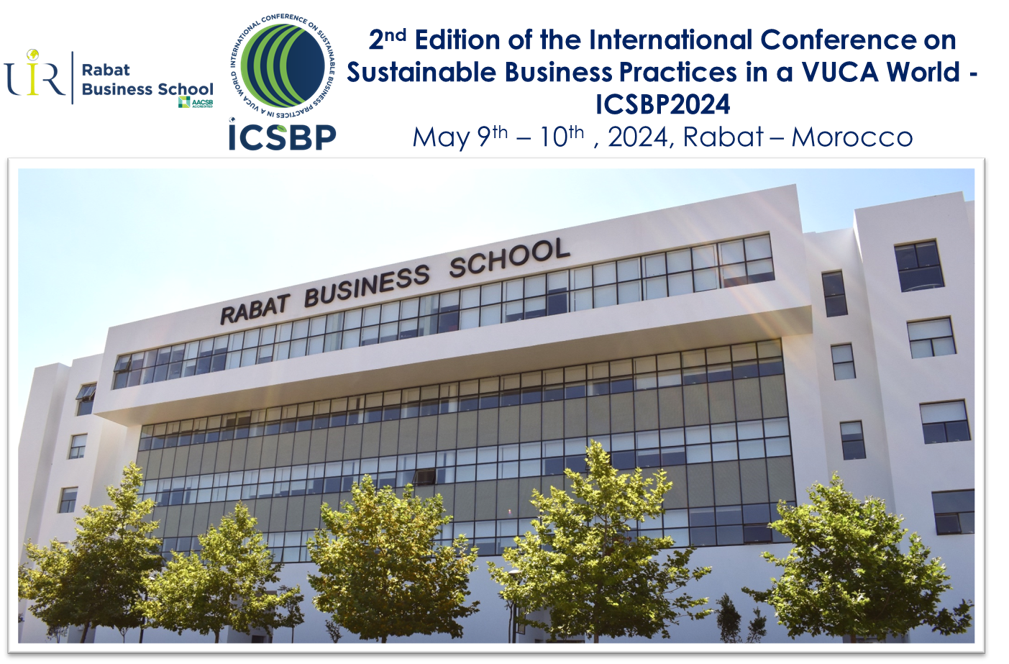
|
|
|
Innovation & Strategy Tracks > Track 24: Strategic Foresight in a VUCA worldTrack Chairs:
The manner in which organizations collectively anticipate, build, evaluate, and are affected by the future(s) should be at the front and center of management and strategy scholars’ agenda. This is increasingly evident by the day, as the interconnectedness’ of the late-modern society we live in makes it possible for trends, emerging issues, and disruptions to be felt globally in very short time spans. Thus, it is now an imperative for executives to be able not only to anticipate possible futures that stem from the various combinations of such trends, emerging issues, and disruptions, but also to develop organizational capabilities to become comfortable, nimble, and even antifragile in the face of frequent change. In the same vein, management and strategy scholars should also be able to use evidence to advise practitioners on how this is to be done at best. It is in this ethos that management and strategy scholarship on organizational foresight is developing fast, spurred by the pressing necessity to describe, explain, and ultimately prescribe the way organizations (should) engage with the future(s). However, as a recently emerged topic in management and strategy scholarship despite its rich tradition in the field of futures studies, organizational foresight empirical and conceptual contributions in the field of management more broadly are still scarce. Therefore, this track is meant to promote research on organizational foresight broadly defined, including but not limited to the following topics:
|

